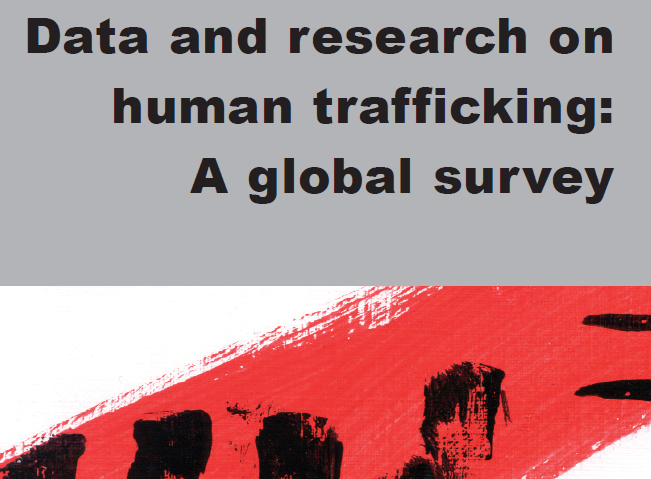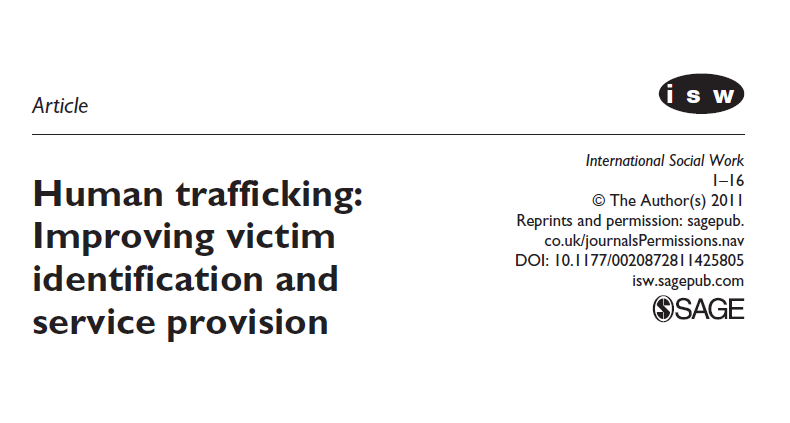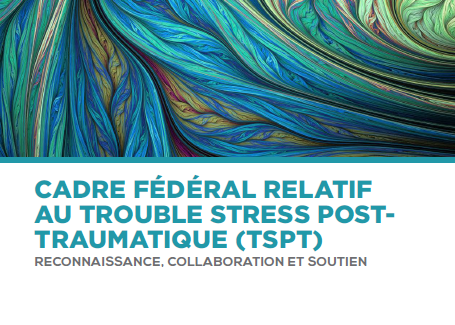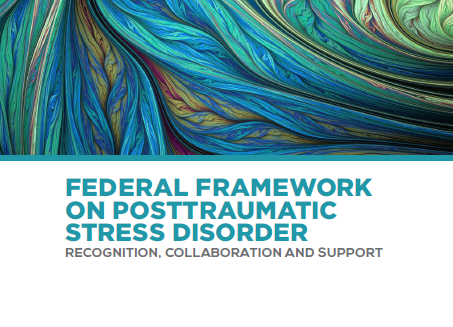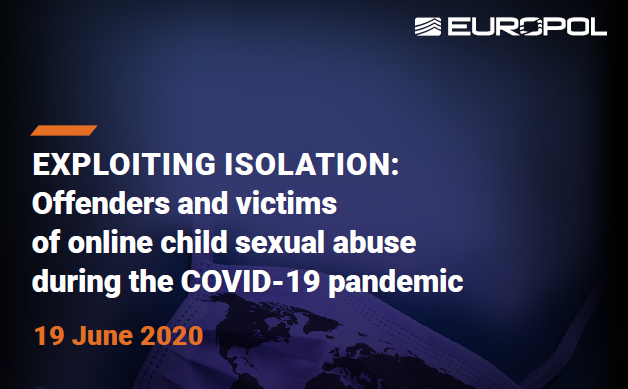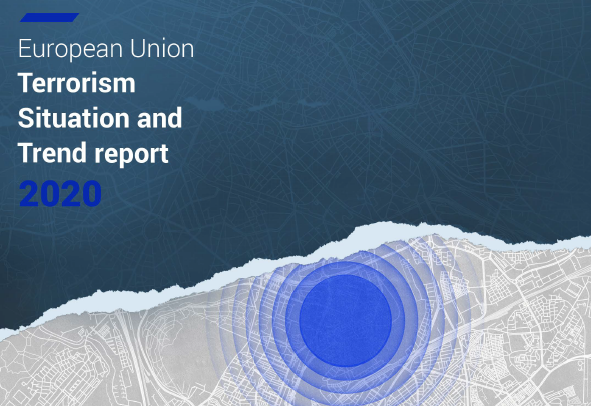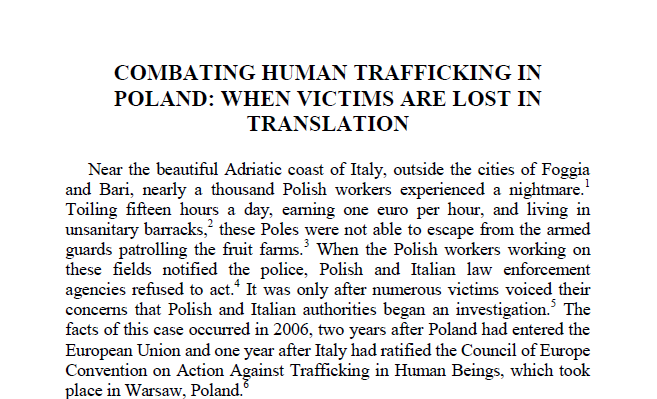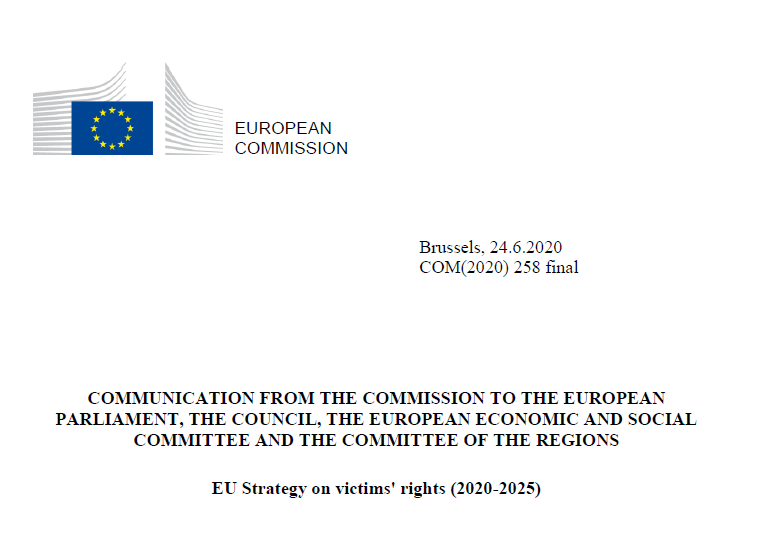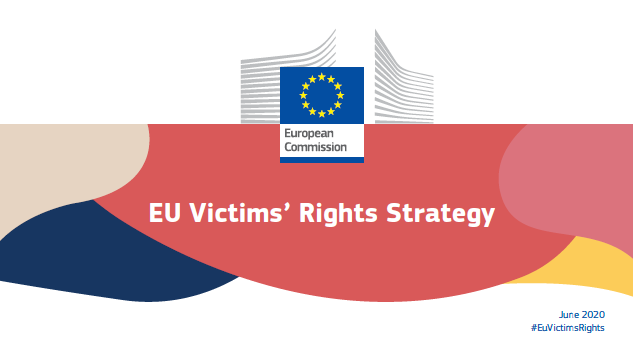For a quick search in the Knowledge database below, please use the search box. Also, note that using one or more of the dropdown filters will optimise your search.
Watch this video to find out more about our Knowledge Database and the publications we have collected here for you: video
Knowledge Database
-
Data and research on human trafficking: A global survey
IOM | Published in 2005
Most of the papers in this volume present a broad overview of current research and data on trafficking in particular regions of the world. Nine of the articles focus on specific regions and three of the articles explore issues relating to research methods. The nine regional papers do not provide a detailed summary of the results of studies on trafficking, but rather try to assess the type and quality of research that has been conducted and discuss priorities for further research. The availability and quality of data on trafficking are also discussed in each of these papers.
Keywords: human trafficking -
Human trafficking: Improving victim identification and service provision
David Okech, Whitney Morreau, Kathleen Benson | Published in 2011
The trafficking of humans is a serious issue. The Trafficking Victims Protection Act (TVPA) is the main legislative effort in the US that addresses this problem. Based on social work values, the article provides an assessment of the TVPA and suggests that service provision and victim identification need to be strengthened to better serve human trafficking victims. Global trends, efforts, and limitations in reducing trafficking are discussed. Specific interventions by social workers in victim identification and service provision are presented.
Keywords: human trafficking, support, victim services, victims' rights -
Cadre fédéral relatif au trouble stress post-traumatique
Public Health Agency of Canada | Published in 2020
The Federal Framework on Post-Traumatic Stress Disorder Act (the Act) became law on June 21, 2018, after receiving all-party support in Parliament (in Canada). The Act underscores the diversity of occupational groups at higher risk of developing PTSD and the need for a coordinated approach to support those affected. As such, the Act called for the development of a comprehensive federal framework, informed by a national conference. The Public Health Agency of Canada (PHAC) was mandated to lead this work. (This report is in French)
Keywords: support, trauma, victim services, victimisation -
Federal Framework on Posttraumatic Stress Disorder: Recognition, Collaboration, and Support
Public Health Agency of Canada | Published in 2020
The Federal Framework on Post-Traumatic Stress Disorder Act (the Act) became law on June 21, 2018, after receiving all-party support in Parliament (in Canada). The Act underscores the diversity of occupational groups at higher risk of developing PTSD and the need for a coordinated approach to support those affected. As such, the Act called for the development of a comprehensive federal framework, informed by a national conference. The Public Health Agency of Canada (PHAC) was mandated to lead this work.
Keywords: support, trauma, victim services, victimisation -
Exploiting Isolation: Offenders and victims of online child sexual abuse during the COVID-19 pandemic
Europol | Published in 2020
Since the beginning of the COVID-19 pandemic, Europol has been monitoring the impact of the virus on the serious and organised crime landscape. The area of cybercrime is one of the crime areas most affected by the COVID-19 crisis. This includes online child sexual abuse. This report examines activities involving the sexual abuse and exploitation of children online and related offline crimes with a particular focus on how offenders have used their time during confinement to increase children’s vulnerability. The findings of this report are mainly based on contributions from Member States and Europol’s partner countries and input from a number of organisations.
Keywords: children, covid, cybercrime, sexual violence, victimisation -
European Union Terrorism Situation and Trend Report
Europol | Published in 2020
The European Union (EU) Terrorism Situation and Trend Report (TE-SAT) 2020 seeks to record basic facts and assemble figures regarding terrorist attacks and arrests in the EU in 2019. It is based on quantitative and qualitative data on terrorist offences in the EU and data on arrests of people suspected of involvement in those offences, as confirmed by EU Member States. In addition, Europol’s cooperation partners in third-party countries provide valuable qualitative information and assessments that enrich the findings of the report. The report also includes information on convictions and acquittals for terrorist offences provided by Eurojust based on data shared by EU Member States.
Keywords: organised crime, terrorism -
Combating Human Trafficking in Poland: When Victims are Lost in Translation
Antonina Maria Dyk | Published in 2013
This article analyzes how Poland has developed and implemented legislation criminalizing human trafficking. Part I describes the crime of human trafficking from a global perspective by providing the scale of the crime worldwide, a description of the victims and perpetrators, and the services for which the victims are exploited. It also describes the legislative measures that the United Nations, the European Union, and the United States have taken to combat human trafficking. Part II looks at the effects of these measures in Poland.
Keywords: human trafficking, support, victim services, victimisation, victims' rights -
Communication from the Commission on EU Strategy on victims’ rights (2020-2025)
European Commission | Published in 2020
This first EU Strategy on victims’ rights frames the Commission’s work for the period 2020-2025. It also invites other actors, including EU Member States and civil society, to take action. It pays particular attention to the specific needs of victims of gender-based violence. The EU will do all it can to prevent and combat gender-based violence and to support and protect victims of such crimes. The strength of the EU is in its diversity. Therefore, the EU will do all it can to prevent and combat hate crime, in all its forms, including racial, anti-Semitic, homophobic, or transphobic hate crime.
Keywords: justice, victims' rights -
EU Victims’ Rights Strategy Factsheet
European Commission | Published in 2020
Crime can affect us all. Every year millions of people in the European Union become victims of crime. In 2017 only, around 15 million serious offences, such as homicide, child sexual exploitation or sexual violence, were recorded in the European Union. The objective of this Strategy is to ensure that all victims of crime can fully rely on their rights no matter where in the EU or in what circumstances the crime took place. This first EU Strategy on victims’ rights sets out a number of actions for the Commission as well as Member States and civil society for the next 5 years.
Keywords: justice, victims' rights -
Working with Victims of Anti-LGBT Hate Crimes: A Practical Handbook
In order to fight underreporting and improve assistance for victims, the project Come Forward: Empowering and Supporting Victims of Anti-LGBT Hate Crimes, works to build the capacity of charities and authorities to understand and respond to the needs of victims facing anti-LGBT hate crime. The handbook is based on the experience of experts from different countries in collaboration in order to protect the rights of LGBT people in their countries.
Keywords: capacity building, hate crime, support, victim services, victims' rights
